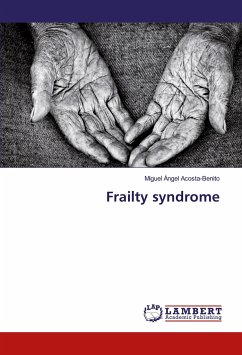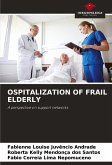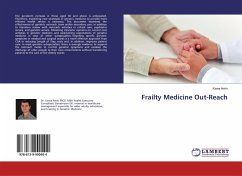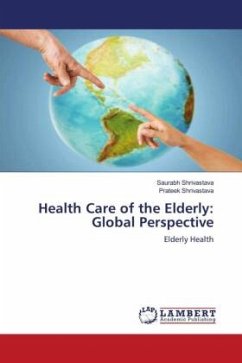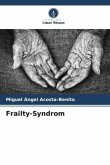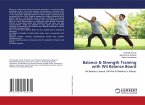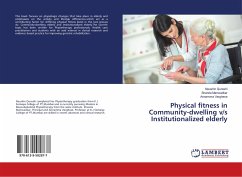Frailty syndrome is characterized by the decrease in the functional reserve of the different body systems, which facilitates that in case of decompensation or mild aggression, tha patient becomes ill. Progressive population aging makes this entity more frequent and more important in the planning of care for the elderly. The lack of consensus in the definition of the syndrome and the absence of a clearly established treatment make it difficult to identify it. However, the presence of the syndrome is clearly related to a worsening of the patient's functional capacity, and an increase in the number of pathologies presented by the elderly, their severity, and both specific and global mortality. Frailty is related to a higher number of hospital admissions and an increased risk of institutionalization. This book aims to review the characteristics of frailty syndrome, to discern among its different definitions, to explore its consequences and to propose strategies for its treatment. Themain ethical implications will also be explained.
Bitte wählen Sie Ihr Anliegen aus.
Rechnungen
Retourenschein anfordern
Bestellstatus
Storno

